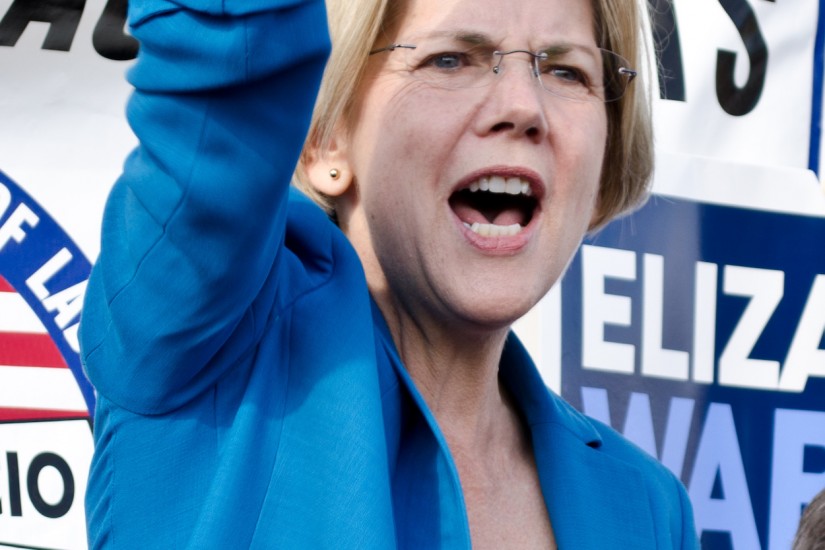In the founding era, both male and female writers had acknowledged that women could understand politics, but when these same writers approached the idea of a woman’s formal political participation, they tended to do so in a mocking and dismissive manner. Decades of college students have now studied Abigail Adams’s 1776 plea to her husband that Continental Congress should “Remember the Ladies” as they created a “new Code of Laws.” These students have also read John Adams’s maddening response, calling his wife “saucy,” and proclaiming, “We know better than to repeal our Masculine systems.”
Those masculine systems and the frequent use of “manly firmness” in the written record struck me as I worked with various 18th-century archival sources in September and October of 2018. It wasn’t the focus of my research, but I began to make note of it because the language was unavoidable. Like many of the founding-era documents I examine, the language struck me, too, because for all the ways American government and society have changed in almost two and a half centuries, the language of politics remains gendered. One of the many places that this can be seen still is in the politics of campaigning for President.
In 1984, a woman appeared on a major party ticket for the first time. Democrat Walter Mondale chose Geraldine Ferraro as his Vice Presidential running mate. When the Mondale-Ferraro ticket lost to the Ronald Reagan-George H.W. Bush ticket, some Democrats blamed the loss on the fact that Ferraro was on the ticket. Patrick Caddell spoke for many Democratic misogynists when he said, “we can’t afford to have a party so feminized that it has no appeal to males.” In language not really different from 18th-century language of manly firmness, Caddell and others across the political spectrum determined that political acumen was male, that women were too weak or emotional for higher office.
